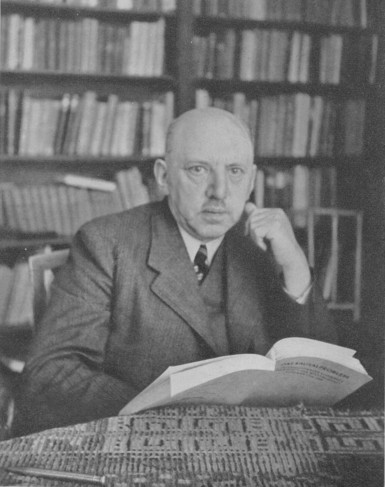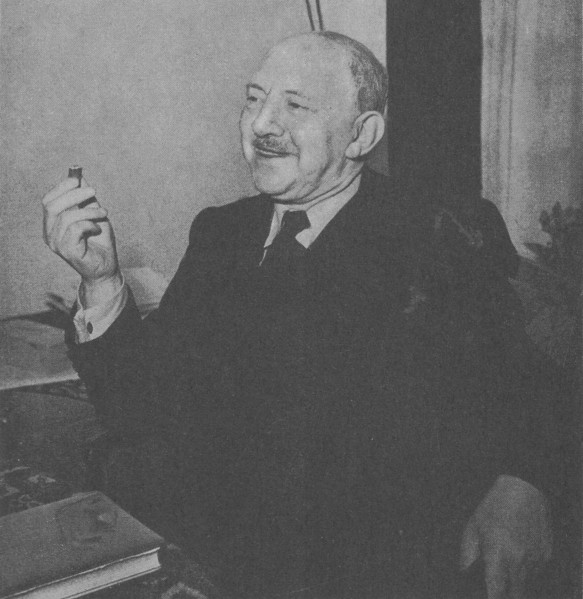
Taken from literature (4)

Among all the Dutch economists, that have devoted themselves to the furthering of the social progress by the invention of new and unconventional theories, Sam De Wolff occupies a unique position1. He has written only one economic book, titled Het Economisch Getij, published in 1929, but this work is so pioneering, that it has established his name forever. In this book De Wolff fills in an important knowledge gap of his time, namely the cause and the bearing of the economic crisis in capitalism.
This theme belongs to the most important economic questions, because precisely in the crisis the disadvantages of capitalism are felt most severely. The crisis destroys the employment and the capital goods, and reduces the people to beggary on the material and moral level. Moreover she can do permanent harm to the economic growth on the long term. Three quarters of a century before, Karl H. Marx (1818-1883) had already performed a searching analysis of the theme, among others in Volume 3 of Das Kapital, but a definite theory of the crisis failed to appear. Sam de Wolff has elaborated on the work of Marx, and has supplemented it with insights from the theory of marginal productivity. In addition De Wolff has performed an extensive study of the available empirical data. This he succeeds in the development of a complete and usable model.
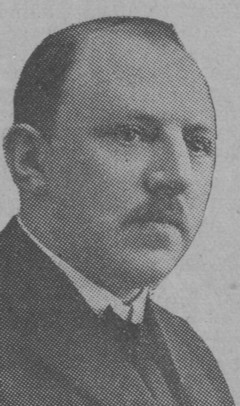
The work of de Wolff was published just at the right moment, for shortly after its appearance the world economy was hit by the Great Depression. This worst crisis in the recent economic history uprooted whole nations, and was only overcome in the course of the Second World War. De Wolff had the pleasure to predict this crisis in his book, although it caught all the others by surprise.
In spite of its merits the book Het Economisch Getij met with a half-hearted of even chilly welcome everywhere. The book suffers from its originality and audacity, because the presented theory is defensible, but not very obvious. There exist other theories, that can explain the actual events just as good with less daring assumptions. Therefore de Wolff has never reached a world-wide fame, like for instance his contemporary Jan Tinbergen, who would later be honoured with the Nobel price. The cause can be found in the personality of De Wolff - and he has admitted this himself - which is characterized by a strong need for recognition and a certain blindness to his own faults. Especially this latter trait has for ever thwarted him as a scientist.
Even though De Wolff failed somewhat as a scientist, his dominant character has helped him in the dissemination and propagation of his ideas, and in the discourse with his economic opponents. In such debates he managed to compensate the partiality of his economic knowledge by means of his political conviction and his rhetoric skills. Thanks to his nature De Wolff succeeded in playing a leading role in the various think tanks, where he was active. Thus he managed to surpass his associates, like the talented Jacob van der Wijk. The main work of van der Wijk, titled Inkomens- en vermogensverdeling (1939), is valued by experts, but it has not reached the fame of Het Economisch Getij.
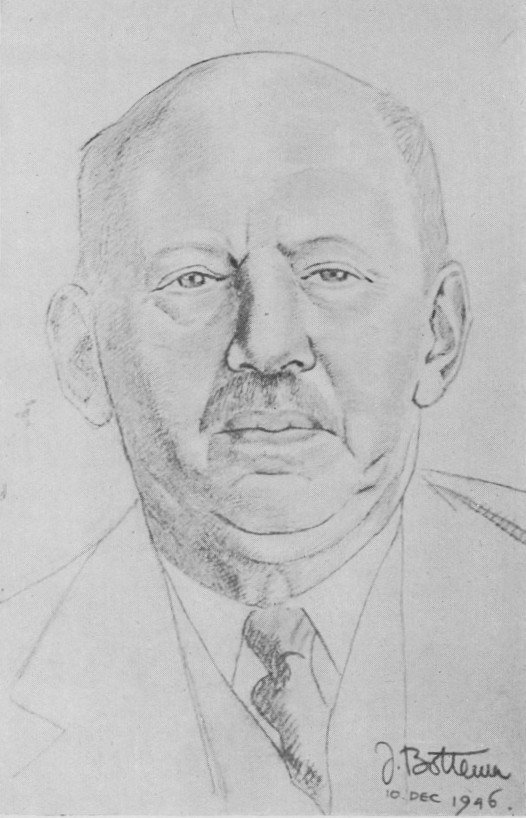
De Wolff was born in 1978 in Sneek. His father was a child of a very poor German immigrant, and succeeded by his great willpower in becoming a trader and importer of textiles. Although the family had become a part of those better-off, their Jewish belief limited their social contacts to the small Jewish community in Sneek and its neighbourhoods. In the early years the father was a convinced radical in the Frisian popular movement, but later he made a political volte face towards the liberals. Sam de Wolff inherited the dominant character of his father, so that in his adolescence father and son more and more lapsed into clashes. Sam de Wolff remained loyal to the early left-wing political conviction of his father, perhaps also incited by the friendly atmosphere in the small local lyceum, where he obtained his high school education.
In 1897 Sam De Wolff became acquainted with Frisian labourers, who wanted to found a section in Sneek of the Sociaal Democratische Arbeiders Partij (SDAP). Then he read among others Het Communistisch Manifest by Marx and Engels2, and Het Erfurter Programma by Kautsky and Bernstein3. However his father sent him to Amsterdam in order to become a medical student. This was much against the will of Sam, who felt more attracted to mathematics and literature. Nevertheless he did pass his propaedeutical examination. In 1899 he still helped to found the section of the SDAP in Sneek. This caused a profound conflict with his father, who evicted him from the house, although he did continue funding the study of Sam.
For some years Sam de Wolff remained registered as a student in Amsterdam, but he mostly devoted his time to the study of politics and economy. Also he became active in the election campaigns of the local SDAP section. At the time Amsterdam had a Jewish proletariate, especially diamond polishers, who soon would be the hard core of the socialist party and of the trade unions. Later he tried to earn money with several jobs, like translation work and extra lessons in languages, mathematics and economy. Also he was for some time a senior officer of the workers insurance company De Centrale. Gradually he concentrated his professional activities on book-keeping, and finally he founded an accounts office.
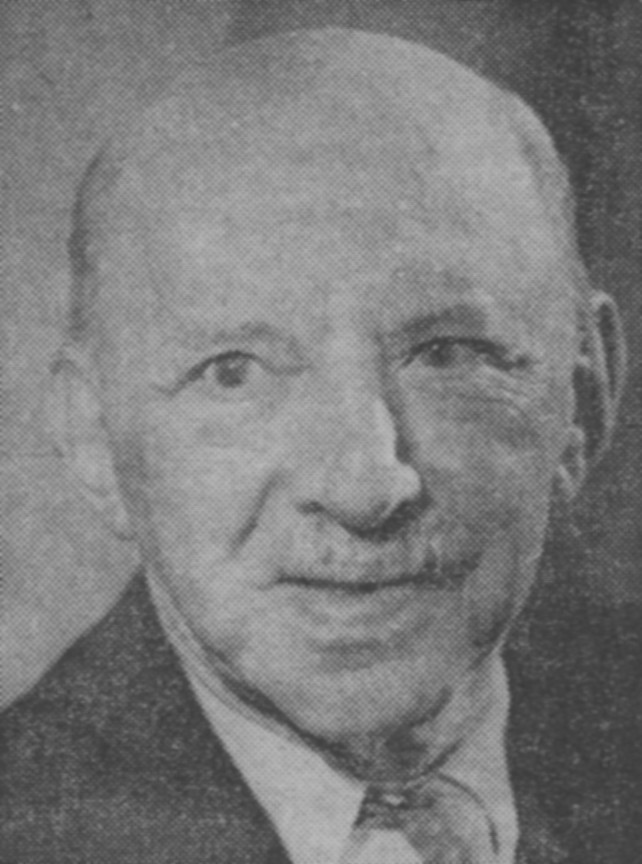
During his years in Amsterdam De Wolff lost his Jewish belief. However he kept feeling an ethnic part of the Jewish community. At the Univerity of Amsterdam he had already met his friend Jacob van der Wijk. Later he also associated with the Jewish leaders of the SDAP, like David Wijnkoop. Thanks to his interest for the natural sciences De Wolff became especially dedicated to the marxist economy and sociology. This put him ideologically on the intellectual left wing of the SDAP, around the radical magazine De Nieuwe Tijd. But like many Jews in his surroundings De Wolff also sympathized with the zionism, that in the nineteenth century had been introduced by Mozes Hess. While on the one hand De Wolff is negative towards his brother, who died in South-Africa during the Boer War agains the British invasion army, he did not see any imperialism in the Jewish migration to Palestine. Apparently his Jewish nationalism prevailed.
De Wolff became a respected author in the socialist papers, such as De Nieuwe Tijd, Het Volk, De Socialistische Gids, De Tribune, and after the Second World War De Vlam. In the twenties he applied himself to the research of the economic business cycles, and reported on it in his articles and in the book Het Economisch Getij (1929). This brought him some international recognition, and in 1930 the town council of Amsterdam appointed De Wolff at the university as a lecturer in the theory of the conjuncture, on his own request. It seems that the recommendation by the well-known politician Wibaut, himself an author of several books about the economy, has carried much weight. In this way the socialist group in the council passed the university administration, that strongly opposed the appointment. Indeed De Wolff did not really fit into the scientific institution, due to his stubborn character and his blindness for his own shortcomings. Apparently his lectures were attended mainly by revolutionary students4.
The Second World War and the German occupation of the Netherlands turned into a deep tragedy for De Wolff. After the decease of his sickly wife, in 1943 he was put on transport to the concentration camp Bergen-Belsen, together with his only son Leo and Leo's wife. Later De Wolff was banished to Palestine, but his son had to remain behind and died several days after the liberation of the camp, due to the hardships5. After the war De Wolff returned to the Netherlands. He remarried, and in spite of his great age he again devoted himself to politics. From this period date the volume of columns Van eersteling tot late oogst (1948), the historiography about the socialist movement En toch ... Driekwart eeuw socialisme in vogelvlucht (1951), and the autobiography Voor het land van belofte (1954). He died in 1960.
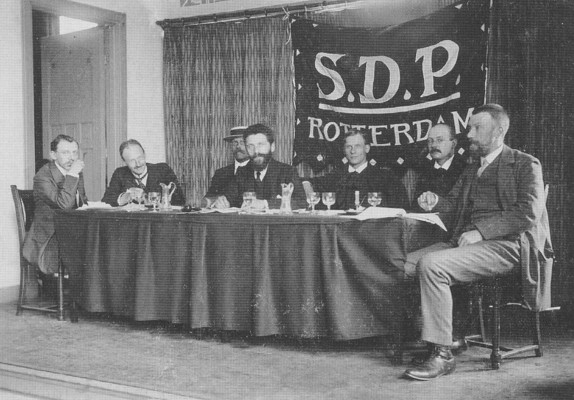
De Wolff has contributed much to the building up of socialism in Amsterdam. He played a major role in the largely Jewish section 3 (later 5) of the SDAP, and was among others its chairman. As has been noted already, he joined the intellectual marxists, who formed the left wing of the SDAP. Herman Gorter was one the most fanatic leaders of this current, and became mixed up in violent polemics with the party leader Piter Jelles Troelstra (a Frisian, just like De Wolff). In 1907 this radical group founded its own magazine, titled De Tribune. Here de Wolff became a leading contributor. Unfortunately the group was not able to restrain herself, so that in 1909 the radical marxists were expelled from the SDAP. The group continued under the name Sociaal Democratische Partij (SDP). This project was a failure, and in 1912 the disillusioned De Wolff returned to the SDAP and remained loyal ever after. In retrospect he regrets the schism, because in this way the SDAP and especially her charismatic leader Troelstra were forced to choose a more right-wing line of action.
Within the SDAP de Wolff has always been the awkward horse-fly. In his autobiography he states that until 1918 the SDAP has propagated a fruitful policy. However after that year the party has striven after a place in the governement, and according to De Wolff by this she has abandoned the marxist ideology. De Wolff was orthodox to such an extent, that he even retired from the SDAP-group in the town council of Amsterdam, when in his eyes that group maltreated several municipal officers on strike. Next between 1927 and 1932 he represented the SDAP as a group member of the provincial council of North-Holland. However the practice of political work could not really be reconciled with his recalcitrant character. But when in 1932 a radical group seceded in order to form the Onafhankelijke Socialistische Partij (OSP) led by the Leninist Jacques de Kadt, De Wolff did not join in. De Wolff preferred to shift his activities to affiliate organizations with an ideological purpose. In this way De Wolff became the chairman of the Socialistische Vereniging tot bevordering van de studie van Maatschappelijke Vraagstukken (SVMV) and of vrijdenkersvereniging De Dageraad6.
Even when after the Second World War the SDAP was transformed into the popular Partij van de Arbeid (PvdA), De Wolff remained an active member, even though his marxist standpoint had become totally sectarian. Between 1947 and 1952 he was temporarily non-party, due to the military expeditions in the Dutch Indies. Two times De Wolff has tried to unite the handful of marxists within the PvdA, by founding the Sociaal-Democratisch Centrum (SDC), but both attempts failed. The SDC was too radical for gaining the acceptance of the party leadership as an internal organ, and had to be abolished. Here it may have been decisive, that it suffered from an infiltration by the then very active Leninists.
It is surprising to read how De Wolff clung to both his Dutch and Jewish identity - in contrast with many other party members of Jewish origin, who did abolish their dual nationality. He called the Jewish community a community of character, resulting from a community of fate. Already in 1904 De Wolff became a member of the Nederlandse Zionisten Bond, together with his intimate friend Van der Wijk. From 1933 on he participated in the Amsterdam section of the Paole Zion Stichting, that united the zionists with a socialist conviction. His motivation was nationalistic. because already some decades before De Wolff had abandoned his faith. Yet his books and writings contain countless citations from the Old Testament, and incidentally also from Jewish authors like Heinrich Heine.
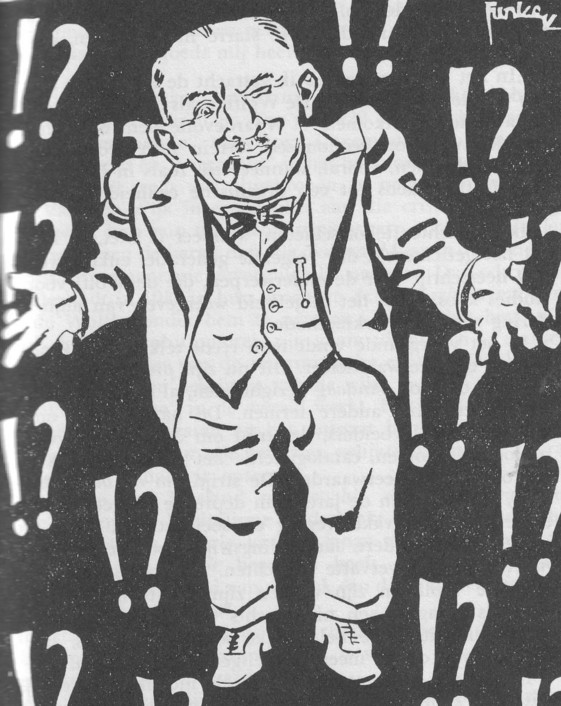
This website contains several columns about the economic studies of Sam de Wolff. In the first column it is explained how De Wolff describes the business cycles like a combination of a short and a long cycle. He calls the cycle with the long period the economic tide. In the next column it is told how De Wolff relates the cause of the double cycle movement to natural processes.
De Wolff is convinced that the business cycles should be studied in connection with the long term development of the national product. In a column the ingenious model is explained, that he uses to calculate the national product. This model shows, that unemployment in capitalism is unavoidable. Moreover it can describe several consequences of the technological progress. The model of De Wolff has a historical significance, since it is one of the first attempts to formulate a theory of collective bargaining. In fact his model looks quite modern. Then De Wolff poses the question how the national product is distributed among the various productive branches. He applies the reproduction scheme of Marx to prove, that the economic system can continue without disturbances even during an ever growing capital intensity. In this respect he has a different opinion than Rosa Luxemburg. A column describes the assumptions and examples, which he uses to justify his model. However he finds a problem for the case where also the surplus rate increases gradually. Namely he believes that this will cause disproportionalities in the economic system. In a separate column it is shown, how thus De Wolff concludes that the business cycles must consist of discontinuous jumps in the surplus rate. This part of his theory bridges the gap between his analysis of business cycles and his growth theory.
Besides De Wolff has developed his own labour theory of value, which among others allows him to calculate the total national production. In several columns first the most simple case of this theory of value is explained, and next also the more complex situations are addressed. An awkward aspect is the substitution of different types of labour, and therfore this is discussed in a separate column. Moreover that column furnishes several general comments on the labour theory of value of De Wolff. To crown it all De Wolff presents an argument, that explains the exchange proportions on the market by means of the proportions of the marginal disutility of labour. Thus he has in a truly marxist manner decoupled the prices from the consumptive needs.
In addition to these main themes De Wolff comments in Het economisch getij on several economic questions, which at the time attracted interest. He states that money is still represented by the money commodity, namely the stocks of gold7. An excessive production of gold will disturb the proportions of the production, and cause higher prices of the other commodities (inflation). Further De Wolff criticizes some models, that von Böhm-Bawerk and Clark have introduced for the calculation of the total national product. Since precisely in his criticism the originality of his line of thought is less apparent, these are not the most interesting parts of his book.
